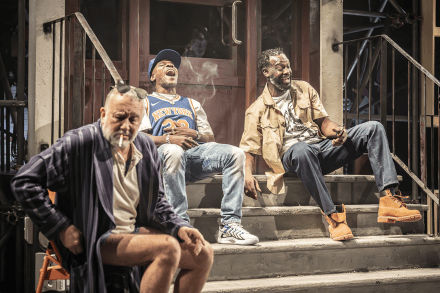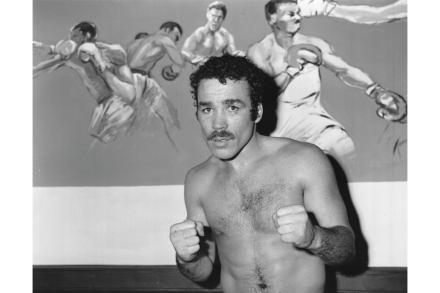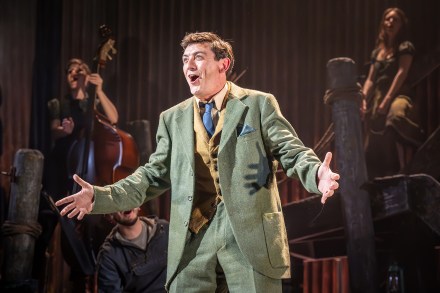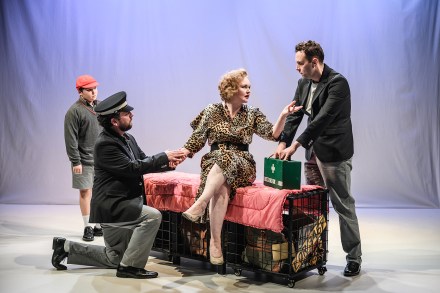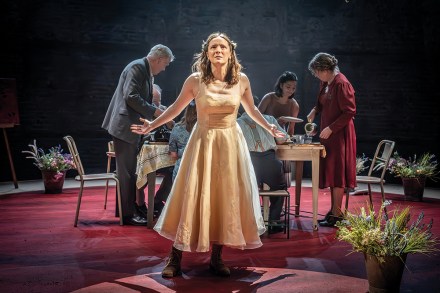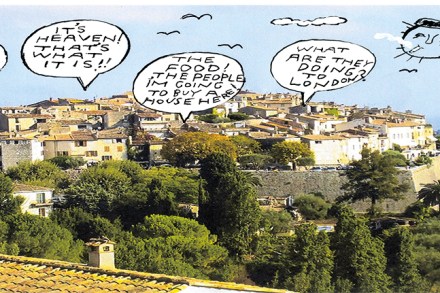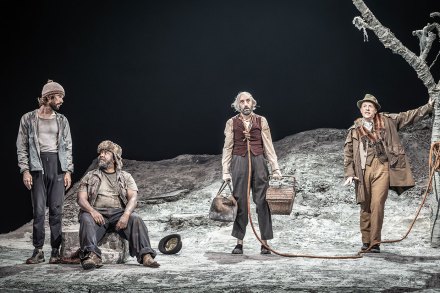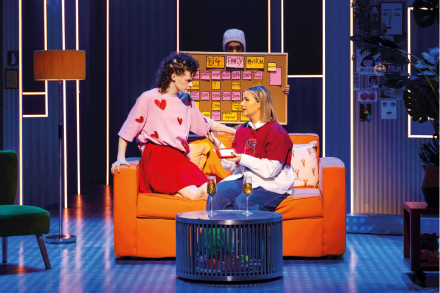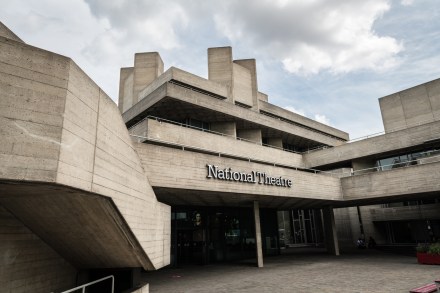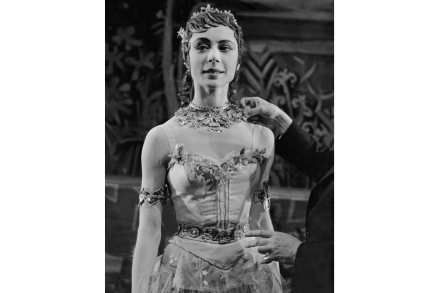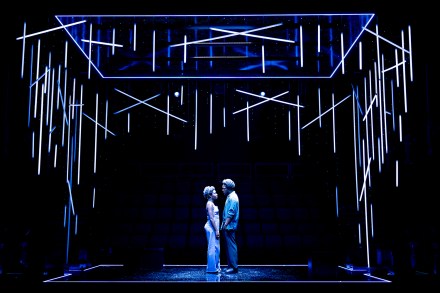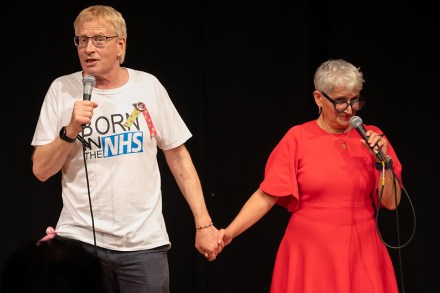This Muslim playwright believes Yorkshire is headed for civil war
Expendable, at the Royal Court, is an urgent bulletin from the front line of the grooming gang scandal in the north of England. The setting is a kitchen in Yorkshire where Zara is trying to keep her family together after her son, Raheel, was outed as a rape suspect by a national newspaper. White thugs dump parcels of excrement on their porch and Zara cowers under the kitchen table, too scared to answer the door. The racists have mounted a mass demonstration, supported by the cops, which causes local bus services to be cancelled. Every Muslim in town is terrified of a white vigilante gang who recently targeted a blameless


